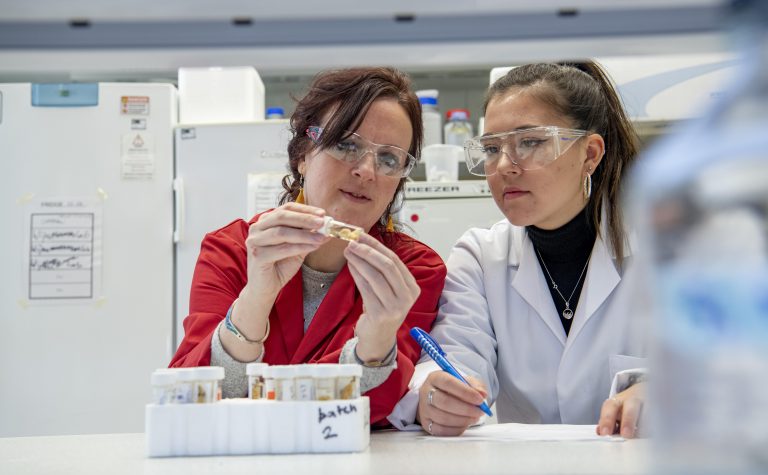A letter by Jo Elvin – CEO, Children with Cancer UK on sharing our latest five year Research Strategy (2022 – 2027).
15 June 2022

Newsletter Signup x
Since starting my position in April this year, the great work being done in this sector has become even more apparent to me and I feel privileged to be working alongside other pioneering organisations and research institutions. I wanted to take this opportunity to share our latest five year Research Strategy (2022 – 2027). As well as highlighting previous research success it details how Children with Cancer UK is moving into a new phase with a focus on more vital research. As you may know, our work has contributed to significant improvements in the survival rate of children with cancer which has increased from 67% to 84%* over the last three decades. This includes our support of the development of a breakthrough molecular technique for measuring Minimal Residual Disease (MRD) which the NHS subsequently adopted as part of the standard treatment for all children with Acute Lymphoblastic Leukaemia. Research we are currently funding includes working on more targeted, less toxic treatment options as well as support of clinical and laboratory research aimed at improving survival and quality-of-life for children and young people. Additionally, we are keen to support the next generation of clinician scientists and research leaders and encourage their long-term career progression through a number of programmes. We also look forward to continuing our valued collaborations with organisations that share our vision of a world where every child survives cancer, as we are always going to be stronger working together. You can find out more about our new strategy below.*Office of National Statistics (ONS) Childhood cancer survival in England; children diagnosed from 1990 to 2014 and followed up to 2015 and Cancer survival in England; adult, stage at diagnosis and childhood – patients followed up to 2018

Our research strategy
We are dedicated to improving survival of all childhood (0 – 14 yrs. old) and young adult (15 – 24 yrs. old) cancers. Over the past thirty years, we have witnessed dramatic improvements in the survival of some paediatric and young person’s cancers, yet there
Read more